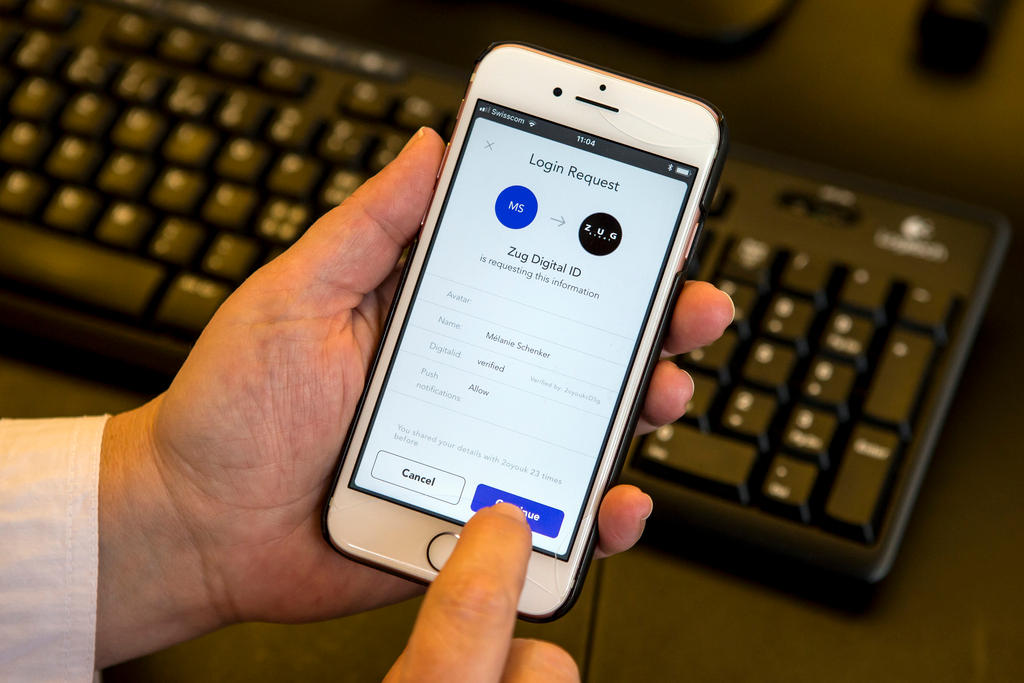
Switzerland’s first municipal blockchain vote hailed a success

The authorities of the city of Zug on Monday announced that the Alpine nation’s first local blockchain-based test vote had been successfully completed.
The small scale consultative vote utilised the city’s eID system which was first set up in November of last year.
“The premiere was a success”, said Dieter Müller, head of communications for the city of Zug to the Swiss News Agency.
Voters were able to vote via their smartphones by downloading the already existing app to register.
The technical details of the test will now be evaluated over the coming months, he said.
+ Switzerland has a second stab at Digital ID
The focus of the vote’s evaluation will be the protection of privacy, voting secrecy, as well as the ensuring that the voting results can be verifiable, unchangeable and comprehensible.
The city of Zug has been issuing its residents with digital identities since winter 2017, and is currently examining various possible applications of the blockchain technology.
In contrast to other e-voting systems, the voting process in the city of Zug did not take place via a single central server, but was distributed using blockchain across many computers.
The vote trial started on June 25, and finished on Monday evening. The voting questions were invented, and since it’s only a test, the results of the vote are non-binding for the city authorities.
Out of a total of 240 who would have had access to registering with the online voting system, 72 took part.
“The number of participants could have been higher”, said Müller.
Almost all participants found it easy to vote digitally. Only three people indicated otherwise in their questionnaire.
Some 22 of respondents would use the digital identity to complete their tax returns or to take part in regular surveys in the future. A further 19 indicated that they would like to pay parking fees using their digital ID, and another three said they would theoretically use it to borrow books from the library.
These are all examples of other applications or services which could potentially be handled using the digital identity in future.

More
Cantons draw on eID to attract foreign firms

In compliance with the JTI standards
More: SWI swissinfo.ch certified by the Journalism Trust Initiative



























You can find an overview of ongoing debates with our journalists here . Please join us!
If you want to start a conversation about a topic raised in this article or want to report factual errors, email us at english@swissinfo.ch.